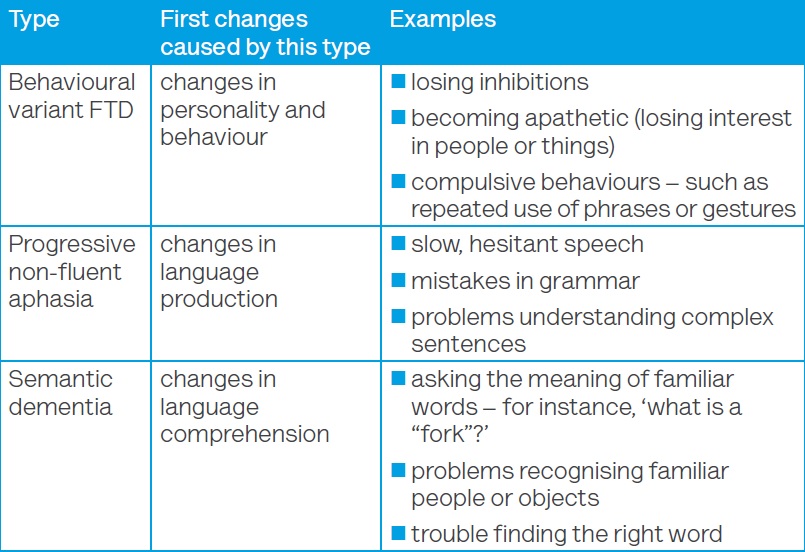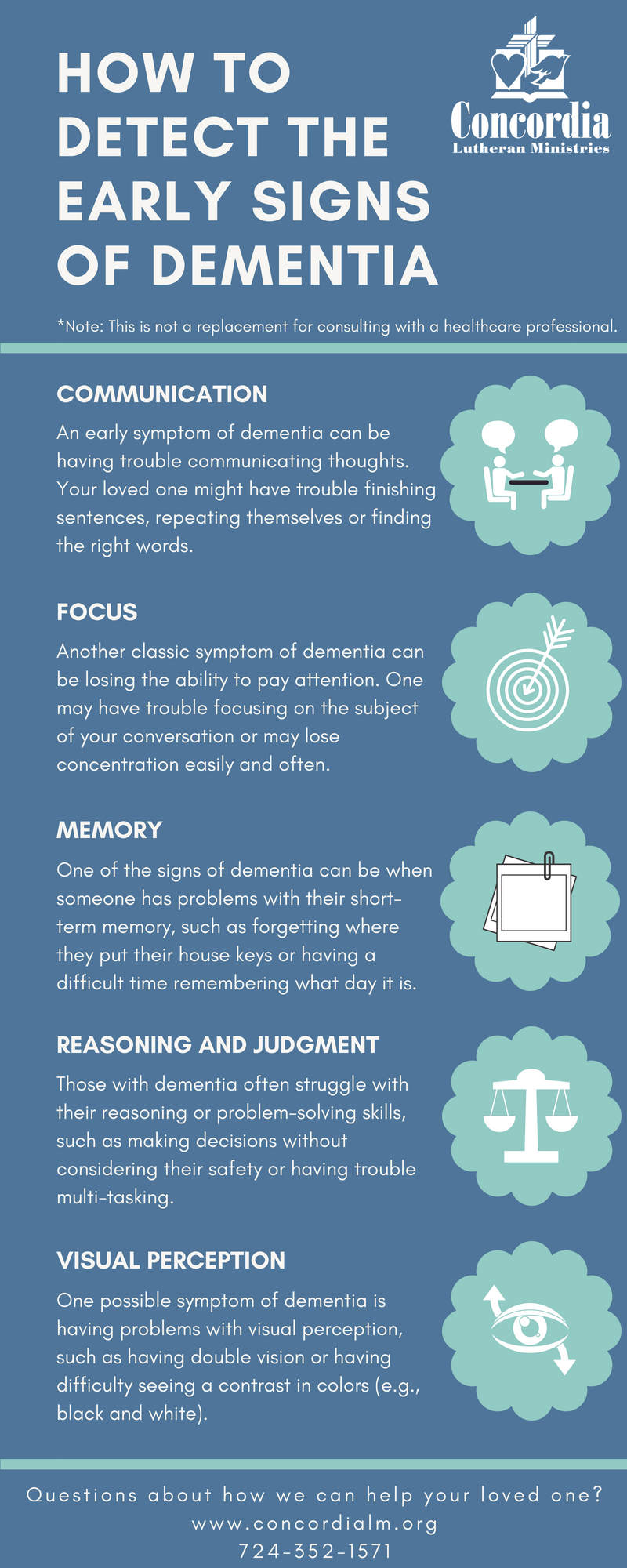A Step-by-Step Guide to Managing Fall Risk in Dementia Care
A Step-by-Step Guide to Managing Fall Risk in Dementia Care
Blog Article
Recognizing the Effect of Mental Deterioration on Day-to-day Live and Caregiving
Dementia affects every day life in profound means, affecting not just those identified but likewise their caretakers. As cognitive decline proceeds, you could observe modifications in communication and routine that difficulty both events. Understanding these changes is important for keeping self-respect and interaction. Just how do you adapt your caregiving approaches to sustain a person traversing this facility journey? The responses could shock you as we discover the nuances of this experience.
The Phases of Dementia and Their Impacts on Day-to-day Live
As you browse the journey of mental deterioration, understanding its phases can considerably affect exactly how you handle everyday life. Dementia usually advances with 3 major phases: early, center, and late.
During the middle stage, you'll experience more noticeable cognitive decrease. Daily jobs may end up being difficult, and maintaining your independence might call for changes. Using tips and simplifying your environment can help.
In the late phase, people typically need significant assistance with day-to-day tasks. Preparation for care becomes essential, focusing on convenience and lifestyle. By recognizing these stages, you're better equipped to respond proactively, ensuring you or your enjoyed one can browse the difficulties with dignity and grace.

Modifications in Interaction and Social Interaction
Exactly how do adjustments in interaction influence your day-to-day communications as mental deterioration progresses? As mental deterioration breakthroughs, you could see that straightforward discussions end up being challenging.
You might discover it simpler to connect via these ways instead of counting exclusively on spoken language. Paying attention abilities can also transform; you may find it more challenging to comply with conversations or bear in mind what was just said (Early Onset Dementia). This can result in misunderstandings or sensations of isolation
Urging patience and developing a supportive atmosphere can aid. Taking part in tasks that foster connection, like songs or art, can boost social interactions. Bear in mind, maintaining connections is still feasible; it's practically adjusting to brand-new ways of interacting.
Influence on Daily Routines and Activities
While maneuvering everyday regimens, you'll likely notice that tasks you as soon as finished effortlessly ended up being extra challenging as dementia progresses. Easy tasks like food preparation, clothing, or perhaps bathing may need even more time and initiative. You could find yourself failing to remember action in acquainted regimens or struggling to recall where you put things. This can lead to frustration not simply for you, yet likewise for those around you.
Preparation your day can really feel overwhelming, making it more difficult to stay with a timetable. You might need pointers for appointments or to take medicines. Adjusting your environment can aid; as an example, labeling products or utilizing checklists can streamline jobs. Engaging in repetitive, structured tasks can likewise supply convenience and a sense of accomplishment. Bear in mind, it's fine to request help. Bordering on your own with helpful close friends or family members can make managing these modifications a bit simpler.
Behavior and emotional Obstacles
Steering via everyday routines can produce not just sensible difficulties, but additionally emotional and behavior ones. You might observe changes in state of mind, such as increased anxiousness or frustration, which can come from confusion or problem in completing jobs. As you navigate these minutes, it is important to recognize that your liked one may reveal their sensations through habits like frustration or withdrawal.
These emotional feedbacks can be unforeseeable and might emerge without warning, leaving you both sensation overwhelmed. You may locate that familiar environments or routines can help in reducing stress and anxiety, but preserving perseverance becomes considerable. It is vital to verify their sensations, even if you don't fully comprehend them.
The Duty of Caregivers in Supporting People With Mental Deterioration
As a caretaker, you play a vital duty in providing emotional support for people with mental deterioration. Establishing daily treatment regimens can develop a feeling of stability and comfort, helping to alleviate their stress and anxiety. By recognizing their demands and making use of reliable strategies, you can considerably enhance their lifestyle.
Emotional Support Techniques
When taking care of somebody with dementia, understanding the emotional landscape is vital for supplying efficient support. You'll typically discover that patience and empathy go a lengthy means. Confirm their sensations; if they express confusion or frustration, recognize it without dismissing their emotions. Straightforward motions, like holding their hand or maintaining eye contact, can create a complacency. Attempt to involve in activities that they enjoy, as this can trigger happiness and connection. Remember to communicate plainly and slowly, using a tranquil tone. straight from the source Motivate expression through songs or art, which can work as a powerful electrical outlet. Eventually, don't neglect to look after your own psychological requirements; looking for support on your own can boost your capability to care for them.
Daily Care Routines
Developing daily care regimens is vital for giving stability and convenience to people with dementia, as these regimens can help minimize complication and anxiety. You can begin by outlining a constant timetable for meals, tasks, and remainder. This predictability helps your liked one really feel more safe and involved.
Incorporate acquainted tasks, like folding laundry or watering plants, which can stimulate positive memories and promote a feeling of achievement. Usage visual hints, such as lists or calendars, to assist them with the day.
Be versatile, though; adjust regimens as needed based upon their state of mind or power degrees. Fall Risk. Remember, your persistence and understanding are essential in maneuvering their changing requirements, ensuring they feel supported and valued throughout their everyday life
Developing a Safe and Comfy Living Setting
Developing a comfortable and safe living environment is necessary for individuals with dementia. You'll want to make home safety and security alterations that reduce risks and guarantee familiarity to provide a sense of comfort. By concentrating on these facets, you can aid develop a room that sustains both security and wellness.
Home Security Adjustments
As you browse the obstacles of mental deterioration, making home safety adjustments can greatly improve comfort and safety. Label vital areas, such as the bathroom and kitchen area, with clear signs to aid with orientation. These modifications not just advertise safety yet also urge freedom, enabling your loved one to feel even more at simplicity in their environment.
Comfort and Knowledge
After guaranteeing a secure environment with essential adjustments, cultivating comfort and experience is essential for individuals with mental deterioration. Begin by personalizing their room. Use acquainted shades, decors, and photographs that evoke delighted memories. A favored blanket or chair can offer a complacency. Keep a regular routine to help them really feel based and reduce stress and anxiety. Basic, acquainted meals can likewise develop a comforting ambience. Keep paths clear and clutter-free to stay clear of complication. Incorporate soft lighting, as bright lights can be disorienting. Think about adding relaxing fragrances, like lavender, to promote relaxation. Participating in familiar tasks, such as paying attention to songs or horticulture, can improve their sense of belonging, making their living atmosphere a true haven.
Strategies for Effective Caregiving and Assistance
While navigating the challenges of dementia treatment can really feel overwhelming, applying efficient techniques can significantly boost both the caretaker's and the patient's day-to-day experience. Begin by establishing a regimen; predictability helps in reducing anxiousness for both you and your liked one. Use clear, straightforward communication-- straight concerns and short sentences can protect against confusion.

Don't forget to look after on your own; timetable breaks and link with support system. Sharing experiences with others in comparable scenarios can supply beneficial understandings and psychological alleviation.
Finally, stay client and versatile. Mental deterioration can bring see this website unforeseeable changes, so adapting your strategy is necessary. By utilizing these strategies, you can cultivate a much more positive atmosphere that benefits both you and your enjoyed one.
Often Asked Questions

What Are the Different Sorts Of Dementia?
You'll find a number of kinds of dementia, consisting of Alzheimer's, vascular mental deterioration, Lewy body dementia, and frontotemporal dementia. Each type affects memory and cognitive function in a different way, so comprehending the click here now distinctions is vital for appropriate diagnosis and care.
Just How Can I Aid A Person With Early-Stage Mental Deterioration?
You can assist someone with early-stage dementia by being patient, offering assistance, and motivating them to engage in activities they enjoy. Maintaining regimens constant and maintaining open communication can additionally make a substantial difference in their day-to-day live.
Are There Financial Resources Available for Mental Deterioration Treatment?
Yes, there are funds offered for dementia treatment. You can check out government assistance programs, not-for-profit organizations, and insurance alternatives. It's likewise important to consult neighborhood companies for particular sources customized to your situation.
What Lawful Considerations Should Caregivers Understand?
As a caretaker, you must think about power of attorney, health care proxies, and guardianship laws. It's necessary to recognize the lawful rights and duties you hold, guaranteeing your loved one obtains suitable treatment and security.
How Can I Cope With Caretaker Tension?
You can manage caregiver anxiety by focusing on self-care, seeking assistance from pals or teams, setting reasonable assumptions, taking breaks, and practicing relaxation strategies. Remember, your wellness matters simply as much as the person you're looking after.
Understanding the Effect of Mental Deterioration on Daily Life and Caregiving.
As you navigate the trip of mental deterioration, comprehending its phases can significantly impact how you handle day-to-day life.While maneuvering everyday regimens, you'll likely notice that tasks you as soon as finished effortlessly ended up being a lot more tough as dementia progresses.Establishing everyday treatment regimens is essential for providing stability and comfort to people with mental deterioration, as these regimens can aid lower complication and anxiety.While maneuvering the obstacles of mental deterioration treatment can really feel frustrating, implementing effective strategies can significantly enhance both the caregiver's and the client's everyday experience.
Report this page